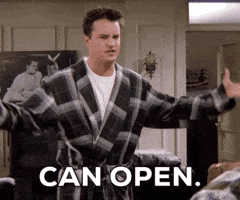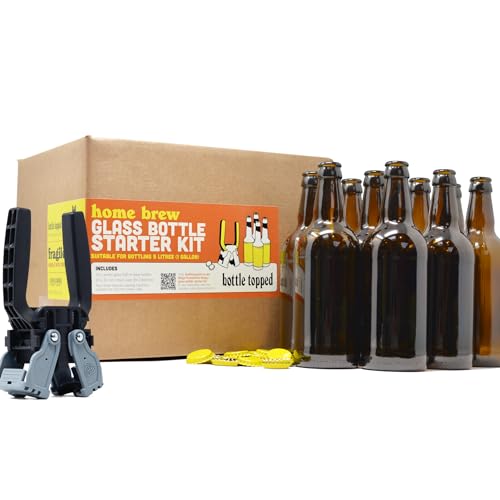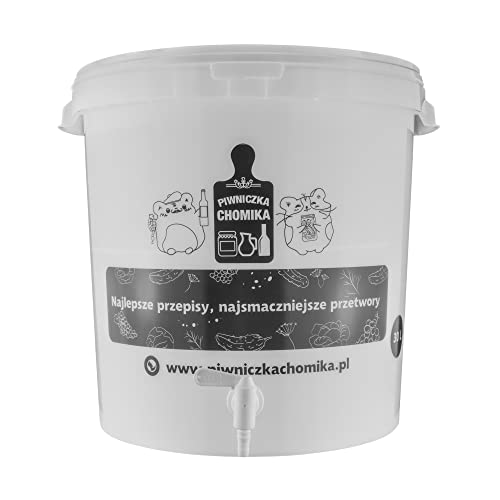Hi everyone, first proper post since joining the forum  .
.
I have a 30 litre kettle (BIAB) but normally brew half size batches as I like to have more variety/more brewing. One downside of this is you lose quite a large percentage of the wort to boil-off (3l/hr), kettle (2l below tap) and fermenter (2l trub).
I can't do much about the kettle and fermenter losses, but I was wondering whether it's really necessary to boil the wort for an hour as per most recipes. If I brewed full size batches I'd still lose 3 litres to the boil, but this would proportionally be half the amount.
I appreciate there are numerous reasons for the boil stage, but to achieve these should you be targeting:
Boil-off volume (litres)?
Boil-off percentage?
Boil-off time?
Hopefully that makes sense!
Cheers, Dave
I have a 30 litre kettle (BIAB) but normally brew half size batches as I like to have more variety/more brewing. One downside of this is you lose quite a large percentage of the wort to boil-off (3l/hr), kettle (2l below tap) and fermenter (2l trub).
I can't do much about the kettle and fermenter losses, but I was wondering whether it's really necessary to boil the wort for an hour as per most recipes. If I brewed full size batches I'd still lose 3 litres to the boil, but this would proportionally be half the amount.
I appreciate there are numerous reasons for the boil stage, but to achieve these should you be targeting:
Boil-off volume (litres)?
Boil-off percentage?
Boil-off time?
Hopefully that makes sense!
Cheers, Dave




































![BREWING THERMOMETER STICKERS ACCURATELY MONITOR FERMENTING BEER & WINE LIQUID TEMPERATURES 5PCS HOME BREW SPIRITS WINE LCD ADHESIVE [US]](https://m.media-amazon.com/images/I/311DDjo2X3L._SL500_.jpg)






